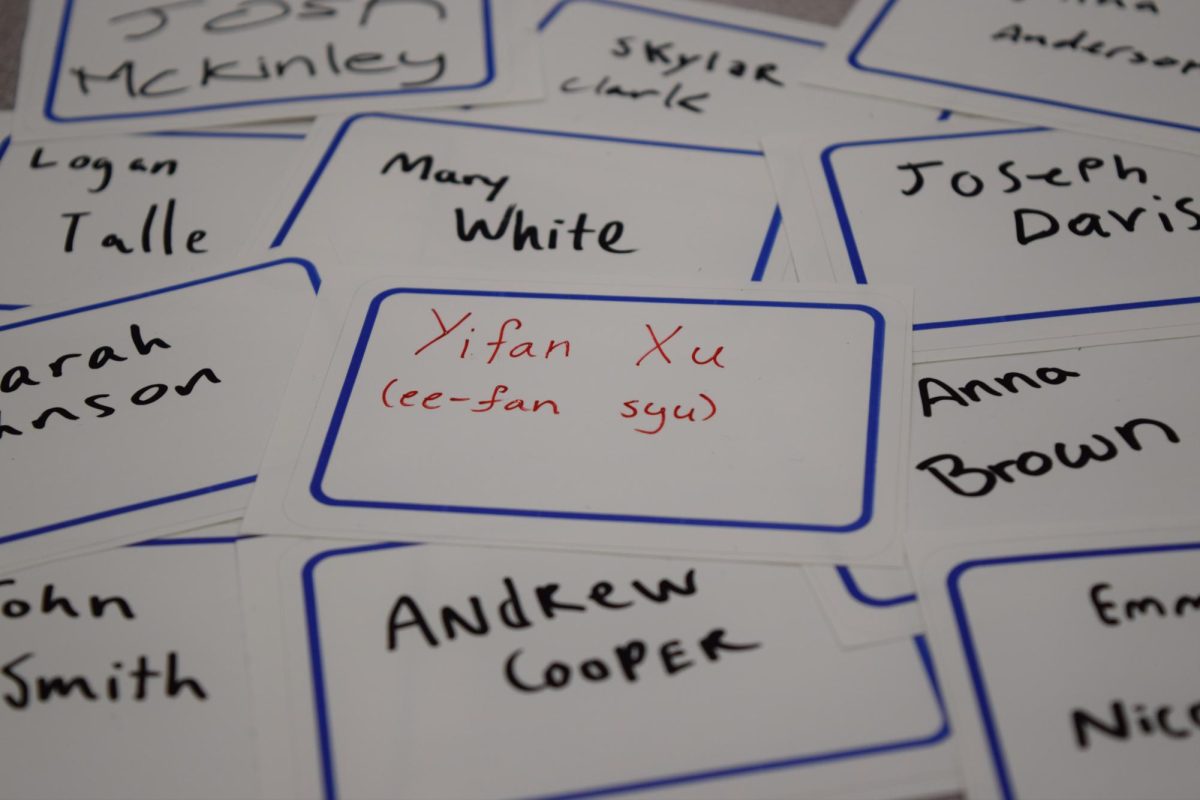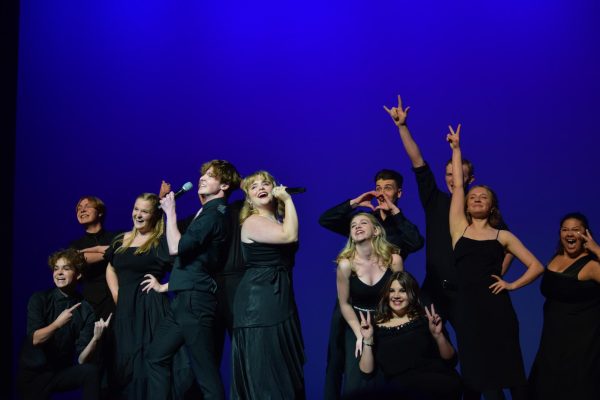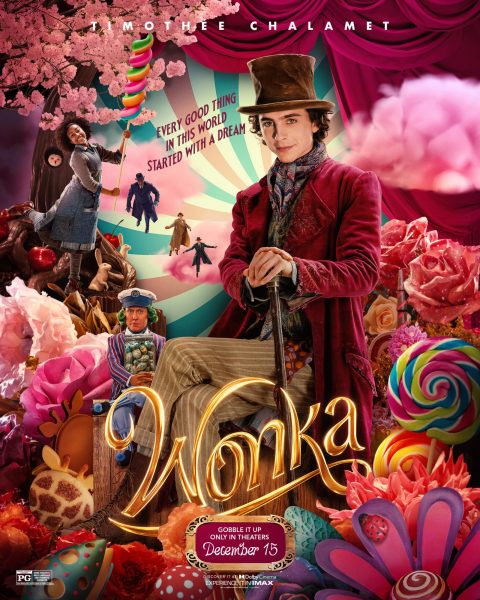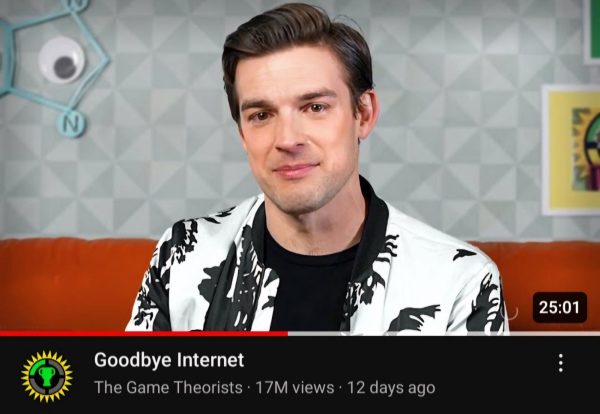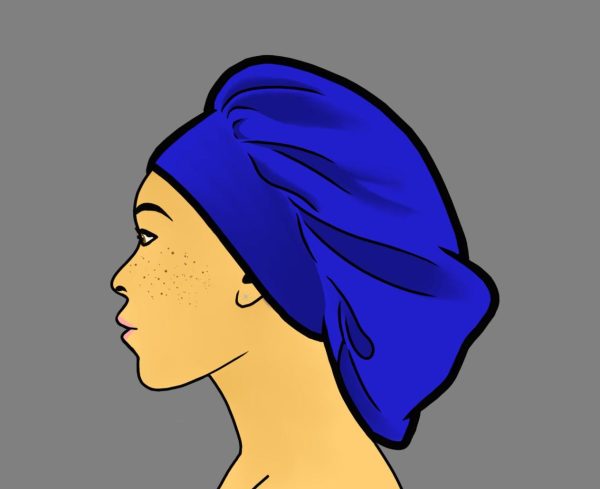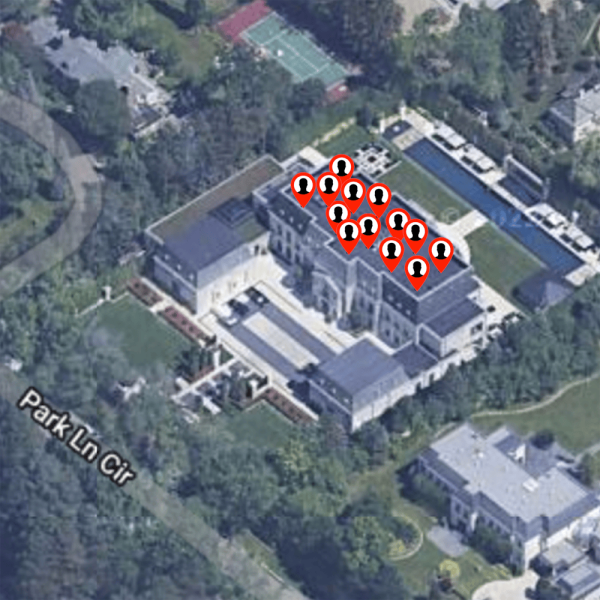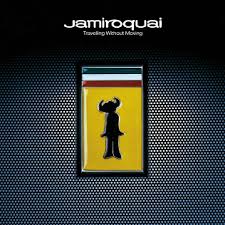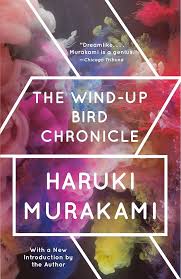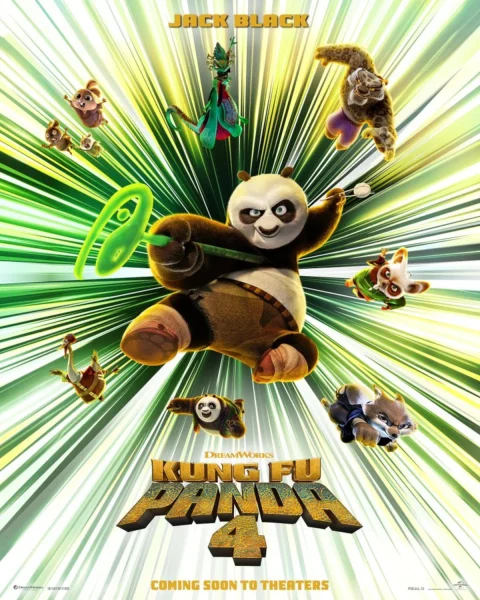Season Three of ‘The Mandalorian’ Doesn’t Quite Disappoint
Star Wars
The season three finale of The Mandalorian arrived to Disney+ on April 19, bringing fans the long-awaited next step in the adventures of Din Djarin and his foundling friend, Grogu.
April 24, 2023
WARNING: This article contains spoilers for all seasons of The Mandalorian.
Disney+’s The Mandalorian aired its season three finale on April 19. Two of our staff members, Assistant News Editor Peter Philpott and Staff Writer Jonathan Lee, sat down to talk about the show.
Peter Philpott: While I do think that The Mandalorian has had a downfall in popularity in the last few years, season three was better than the show has ever been. The first and second seasons were a bit underwhelming, especially if you compare them to the third. They only featured a handful of characters fighting for a small cause, which made this season all the better, because we saw many more perspectives. And for a show, special effects were incredible, and the characters were easy to empathize with. But we should talk about some of the rough patches, because some of them were the size of an entire episode.
Jonathan Lee: The third season of The Mandalorian does very well with world building and fleshing out the Star Wars universe. Not only does the show establish a new colony of Mandalorians, but it also begins to introduce the fall of the New Republic and the rise of the First Order.
PP: I agree with that. I think that Moff Gideon’s purpose on the show was just to act as a bridge between the Empire and First Order. A main problem with the series is that when compared to the base trilogies, it seems like such a small conflict compared to plots involving evil takeovers of galaxies. For example, when one watches this after viewing the main canonical series, it’s difficult to find Gideon threatening either, when comparing him to Emperor Palpatine or even Darth Vader. Gideon leads the remnants of the galactic empire, which seems feeble compared to the First Order, and the New Republic’s power pales in comparison to the Resistance or Rebellion.
JL: I think it’s the same thing with the sequel trilogy. Seeing how imposing and threatening the First Order was in those movies and also knowing that Moff Gideon didn’t exist in the sequels, his future seemed like it was already decided for him. I sort of already knew that Moff Gideon was going to die eventually, and that took out some of the suspense for me. Also, the sequel trilogy really doesn’t pull any punches when displaying the power of the First Order and how evil it can be, but Moff Gideon didn’t seem nearly as powerful or capable.
PP: I think it would be more interesting if they highlighted the rise of First Order officers, like Enric Pryde. Gideon is an unneeded addition to a large cache of evil warlords. Mandalorian has always had a major problem with unnecessary storylines. The latest: episode three, where an ex-imperial scientist, Penn Pershing, joins amnesty housing on Coruscant. The entire episode has the purpose to introduce Elia Kane, whose only purpose was to introduce Moff Gideon’s return from custody. While I am a huge fan of the return of Coruscant, because I thought it was necessary to catch a glimpse of the planet after its prominence in the prequel trilogy, this entire episode was a waste of time. There should’ve been more time spent on Grogu’s background, Moff Gideon’s escape, or the rise of the Imperial troops; we instead pursued Pershing, who never made another appearance.
JL: I had the same problem with episode six, when Din Djarin and Bo Katan went to Plazir-15 to recruit Axe Woves and the other faction of Mandalorians. It just felt so pointless and didn’t add to the plot at all. Captain Bombardier and The Dutchess instruct Djarin and Katan to solve their rogue droid problem in the city, but the entire episode I kept questioning why we even had to go through this in the first place. It really just felt like the producers’ way of saying “hey guys, look! It’s Jack Black and Lizzo!” Also, when Commissioner Helgait was revealed to be the episode’s villain and a separatist supporter, I didn’t understand why it needed to be included. Why couldn’t we have just skipped all of this and jumped straight to meeting the Privateer Mandalorians?
PP: Disney made Djarin’s obstacles unrealistically difficult to bypass. He and Katan were nearly killed by one singular robotic insect on Mandalor? That’s plain ridiculous, not to mention that it almost led to the death of Grogu as well.
JL: The last two episodes did really well with keeping me on my toes and building tension. I was truly invested in the characters and was genuinely concerned with what would happen to them. Even though the Mandalorians are a strong race of people, the sheer amount of stormtroopers that show up geared with beskar armor make them seem weak. Also, when Mandalorians were defeated by imperial troops, I was surprised by the genuine emotion I felt. What really changed my perspective was episode four, where the show displayed before-unseen familial bonds of Creed Mandalorians.
PP: The final battle was near perfection. We had losses of Vizsla, IG-12, and the dark saber, but at the same time, we saw an incredible faceoff between Gideon’s troopers and the Mandalorians. You can’t have a good fight scene (think Rise of Skywalker or Return of the Jedi) without a moment where you think all hope is lost. Episode eight’s final battle certainly has that. I enjoyed Grogu and Djarin standing up for each other against the Red Guards, and the Katan vs. Gideon battle. I think something that was both a problem and an upside for the show was special effects. The flashback where a Jedi saves Grogu from Order 66? Cringe-worthy (both in dialogue, CGI, and sequencing). But scenes involving large-scale explosions and starship battles? Chef’s kiss.
JL: I like how in this season of The Mandalorian they were able to somewhat avoid fan service and pandering. Other than the addition of R5-D4, battle droids, and Coruscant, the show creates its own universe without too much influence from outside Star Wars installments. One of the more recent Star Wars shows, Andor, has one of the biggest problems with pandering to fans, being a spin off of a spin off, Rogue One. Many of the recent shows and movies have a tendency to add some random Jedi or Sith that the producers know will get the viewers’ attention. Just a few examples are Darth Maul in Solo, Darth Vader in Rogue One, Emperor Palpatine in The Rise of Skywalker, Yoda in The Last Jedi, and even Luke Skywalker in season two of The Mandalorian.
PP: I don’t think we should give The Mandalorian too hard of a time. While it may not be on the caliber of the legendary Star Wars trilogies, it certainly triumphs over other Disney+ spinoff shows, and that goes for the Marvel series’ as well. I really enjoyed the entire series so far and the finale really lived up to three seasons’ worth of buildup. I am really looking forward to season four.
JL: Season three of The Mandalorian really exhibits the fact that you don’t have to be a fan of Star Wars to still enjoy the show. There’s a great balance between Star Wars world building and just plain good storytelling, that will satisfy both viewers looking for a good show and those who want something Star Wars-related. Overall, The Mandalorian is still one of the best shows on Disney+ in its ability to stay original and set itself apart from the Star Wars universe.

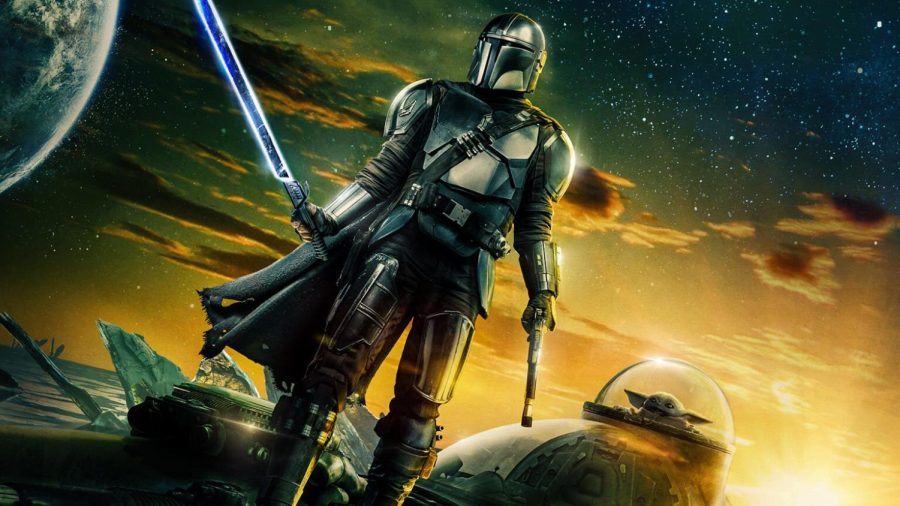
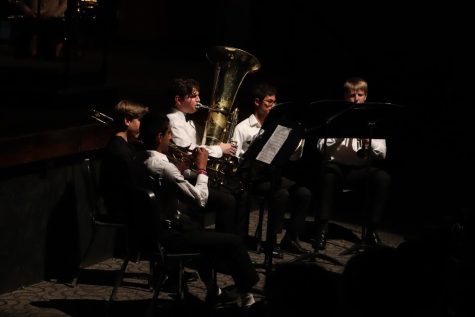
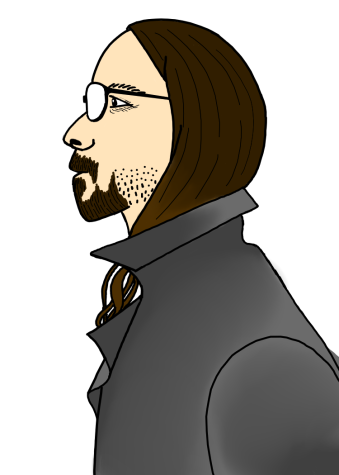
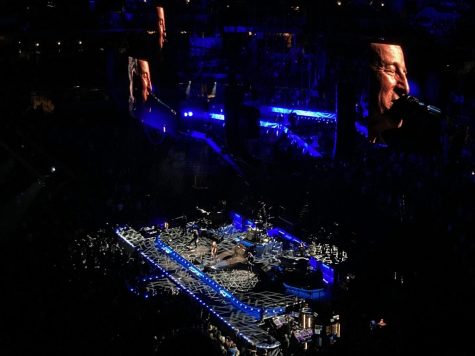

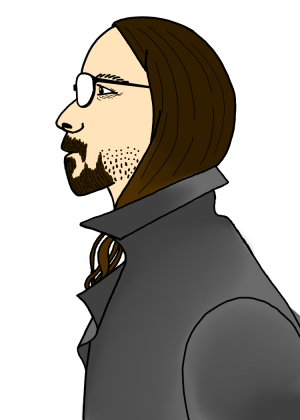
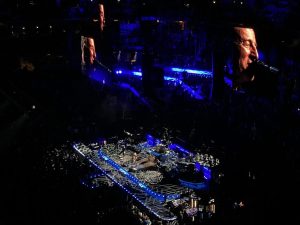
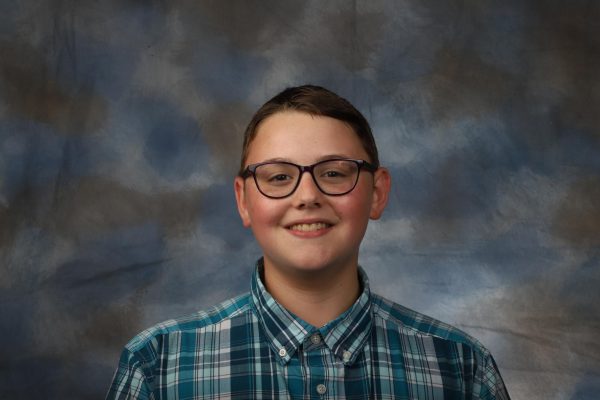








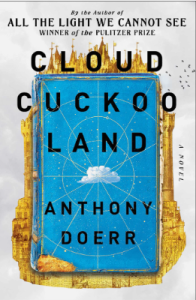

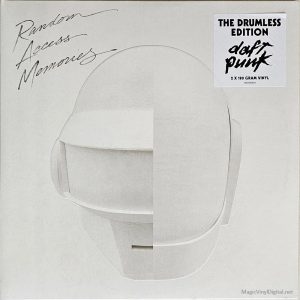



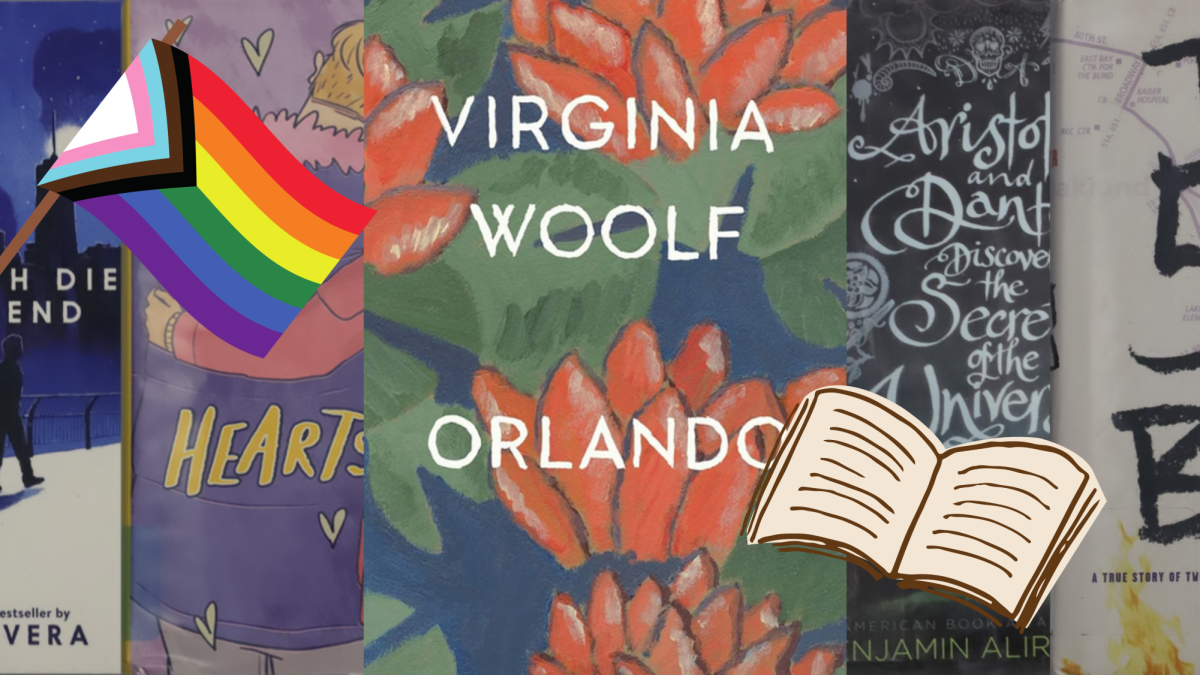

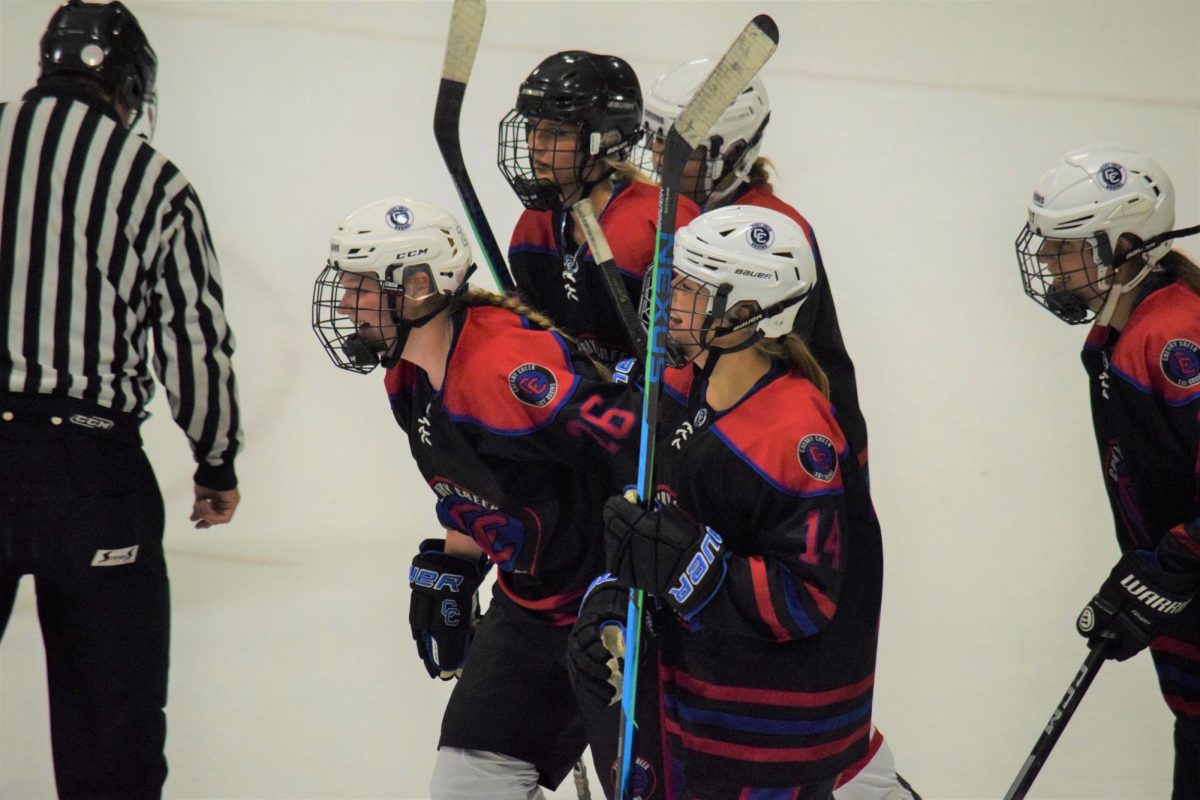


![In a recent surge of antisemitism nationally, many have pointed towards social media and pop culture as a source of hate. “Many far-right people have gone on [X] and started just blasting all their beliefs, Sophomore Scott Weiner said.](https://unionstreetjournal.com/wp-content/uploads/2023/10/antisemitism-popculture-2-1200x675.jpg)
